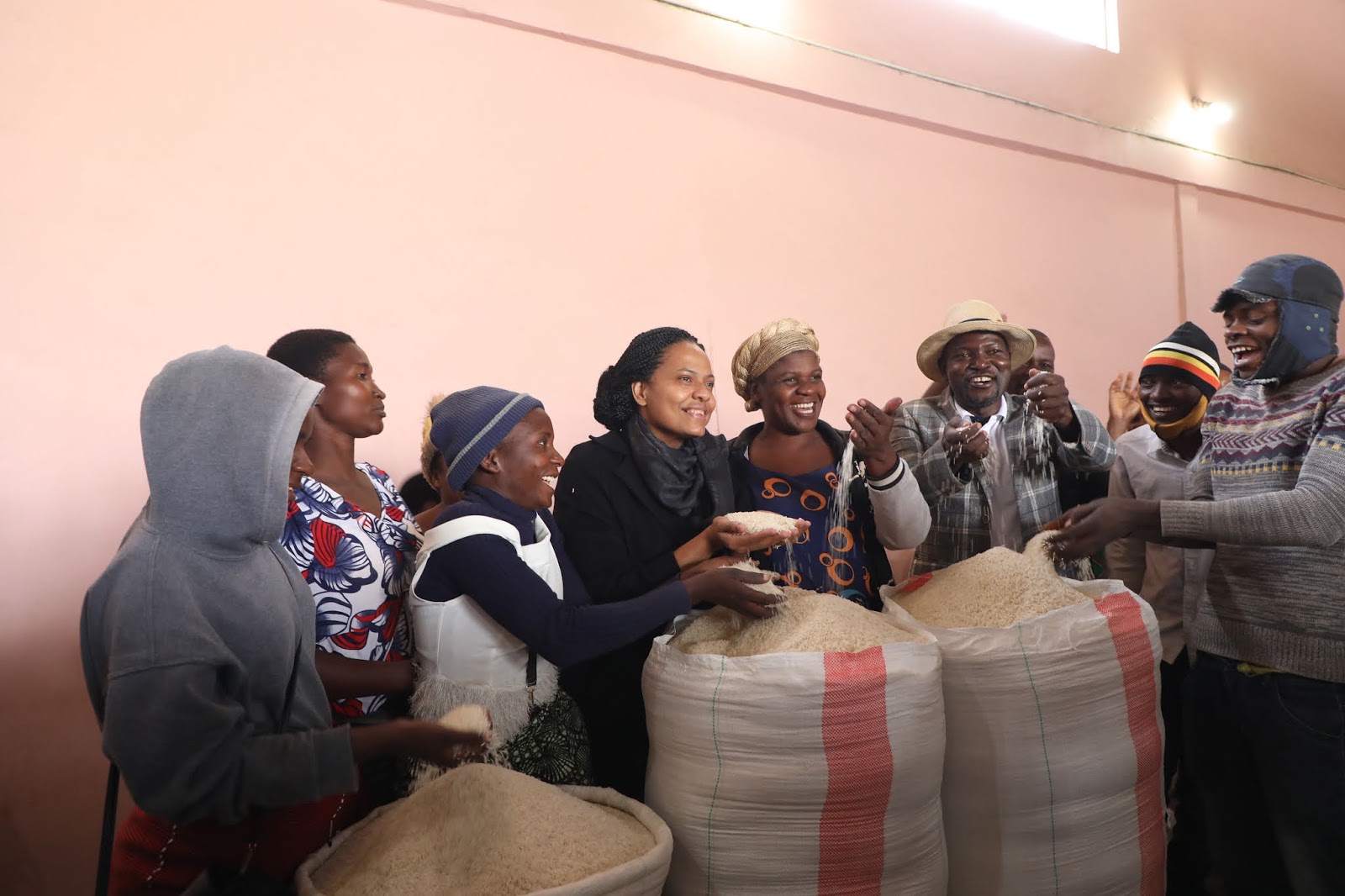SIDO helps emergence of 8,477 industries, creating 500,000 jobs in last 5 years
-->
By Moses Mahundi, Dar es Salaam
By Moses Mahundi, Dar es Salaam
In the last five years, the Small Scale
Industries Development Organisation (SIDO) has contributed to emergence of a
total of 8,477 industries creating over 500,000 jobs, SIDO Director General
Sylvester Mpanduji said here yesterday.
In an exclusive interview, Professor Mpanduji
said out of the total, 201 are big industries, 460 medium, 3,406 small and
4,410 micro-industries. “With the support of the government led by President
John Magufuli we have achieved our target by 98 percent. Establishment of these
industries has increased the national income and contribute significantly to
the making Tanzania a middle-income nation,” he said.
Journalists specialising in local
industry reporting had wanted to know the role of SIDO towards making Tanzania
a middle-income nation.
Professor Mpanduji said a middle-income
economy was hugely linked to the number and nature of industries existing in a
country, further explaining that only an internal market was a sustainable and
dependable market. He said a strong internal market helped in getting
external markets.
He said an internal market called for
quality products in order to make them popular to local consumers. “Consumers
care about their money. We appeal to industries to produce quality
products that will be popular to consumers and this is the only way we can
protect our local industries,” he said.
On the importance of small and
micro-industries, the professor said most of the new jobs were created by the
two types of industries. He said the industries sector contributed 8.5
percent to the gross domestic product (GDP) in 2019.
The professor explained that existence
of functioning local industries contributed drastically to the fight against
the corona pandemic by producing enough and in time items necessary to protect
people, curtail the spread of the virus and in containing and finally
eliminating panic or baseless fear of the disease among Tanzanians.
Tanzania, he explained, was not dependent on foreign industries in getting
necessary items it needed to fight the virus and protective gear it
needed for medical workers.
Professor Mpanduji also said SIDO, NSSF,
VETA, NEEC and the Azania Bank were working together to train entrepreneurs so
that they could become creditworthy.
“In this joint project we want eligible
borrower would be able to borrow from identified banks from five to 500 million
at an interest rate of 13 percent,” he said.





Comments
Post a Comment